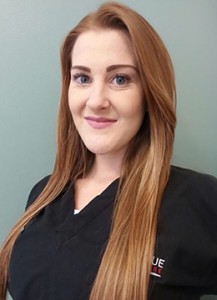
Seasonal Affective Disorder (SAD)- Is It Real? By Megan Goslee, LVN
 There are two sides to every argument. Seasonal affective disorder, (SAD), or “all in your head?” You make the call.
There are two sides to every argument. Seasonal affective disorder, (SAD), or “all in your head?” You make the call.
SAD is a type of depression that usually occurs during the same season each year. Do you ever feel sad, depressed, tired, or grumpy during the end of fall/beginning of winter? No one really knows what causes SAD, however experts believe that it is caused by lack of sunlight.
Common symptoms of SAD are:
- Loss of interest in daily activities.
- Eat more and crave carbohydrates, such as bread and pasta.
- Weight gain.
- Sleep more but still feel tired.
- Have trouble concentrating.
How is SAD diagnosed?
People often mistake SAD with other types of depression because many of the symptoms are the same. To determine the difference between SAD and depression your doctor may ask you questions like:
- Have you been depressed during the same season and have gotten better when the seasons changed for at least 2 years in a row?
- Are you gaining weight, craving pastas or bread, and are you sleeping more than usual?
Treatment for SAD includes light therapy (phototherapy), psychotherapy and medications.
On the other hand, researchers found the phenomenon of the ‘winter blues’ or SAD is overstated by people who just don’t like wrapping up when it’s cold. Dr. David Kerr, of Oregon State University, conducted a study with almost 800 people and overall concluded: “It’s clear from prior research that SAD exists. But our research suggests what we often think of as the winter blues does not affect people nearly as much as we may think.” While asking people about their emotions may be easy, it is often hard for people to think back and pinpoint the exact season in which they were “depressed”.
So you be the judge; is SAD a real disorder or is it all in your head?
Sources:
http://www.webmd.com/mental-health/tc/seasonal-affective-disorder-sad-topic-overview
The information provided is for general interest only and should not be misconstrued as a diagnosis, prognosis or treatment recommendation. This information does not in any way constitute the practice of medicine, or any other health care profession. Readers are directed to consult their health care provider regarding their specific health situation. Marque Medical is not liable for any action taken by a reader based upon this information.
